by Christine Zampi
I've been loving all the stories from Dallas this past week. Unfortunately, I couldn't make it to Dallas this year due to a scheduling conflict with my husband. But nothing is stopping me from going to San Francisco next year and to the Romantic Times conference in Pittsburgh next April. Well for all those lucky banditas who went to Dallas it's time to get back to reality--writing!
For those of you who received requests from editors and agents get those partials/fulls out immediately. I can't tell you how many editors say they request something and never get it.
So I have to admit it while everyone else was partying in Dallas, I've been home in Maryland struggling. I have a synopsis due on the 15th of August and I’m what we writers like to call a pantser. When I start a book I usually have a semi-solid beginning, a vague sense of some plot points (okay, I know how I’ll get them in bed) and I know the black moment. I have all those fuzzy ideas in my head but I can’t seem to get them down in a clear and somewhat coherent form.
For all the readers here, be ever so thankful you’ll never have to read a synopsis. Basically, what a writer has to do is tell the story with enough detail that the editor can see where the story is going, but not so much that the editor dies of boredom while reading it. Sounds easy, right? NO! Writers are taught to show the story, not tell it.
Needless to say, I’m looking for ideas on the best way to take a story not yet written and write it without losing the energy of the story. I did start to write the book thinking that might help me. So far, I’m not so sure about that. But I do know I can’t finish writing the book in less than a month. Now, to all my writing buddies, tell me how you write your synopses. Do you write them first, as you’re writing the story or when the book is finished? Do you have a well kept secret on writing synopses you’d like to share? Any ideas that will help me along?
Tuesday, July 17, 2007
Subscribe to:
Post Comments (Atom)

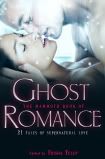
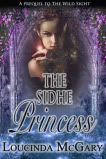
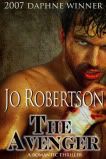
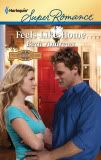
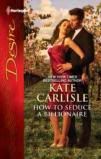

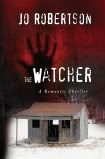














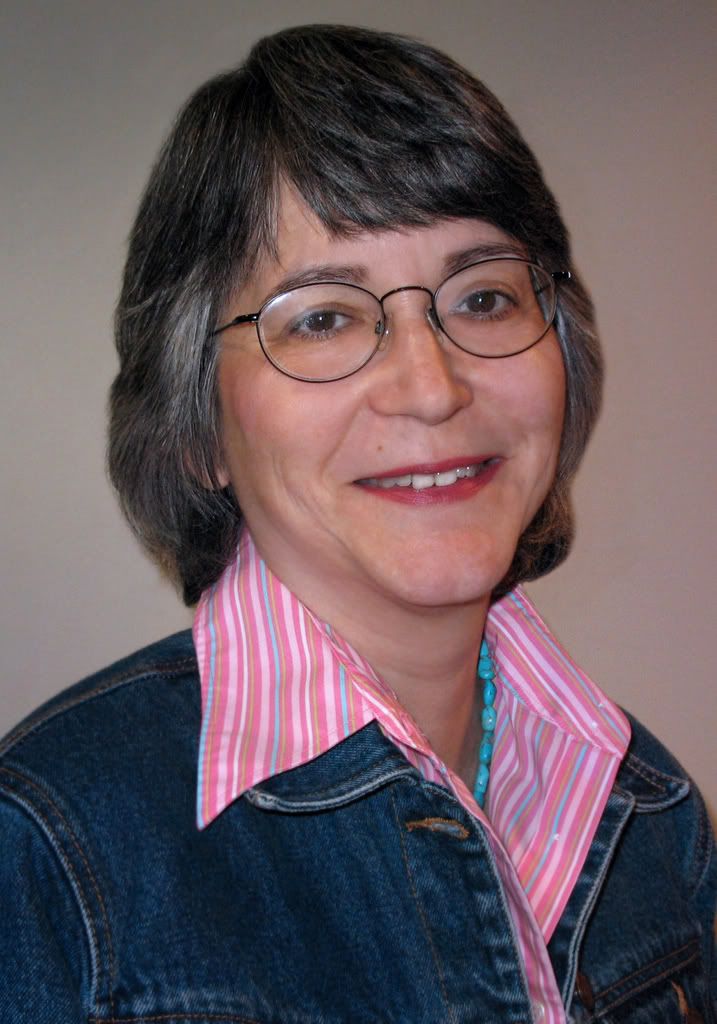




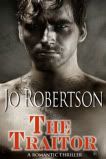




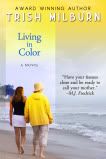
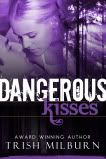









































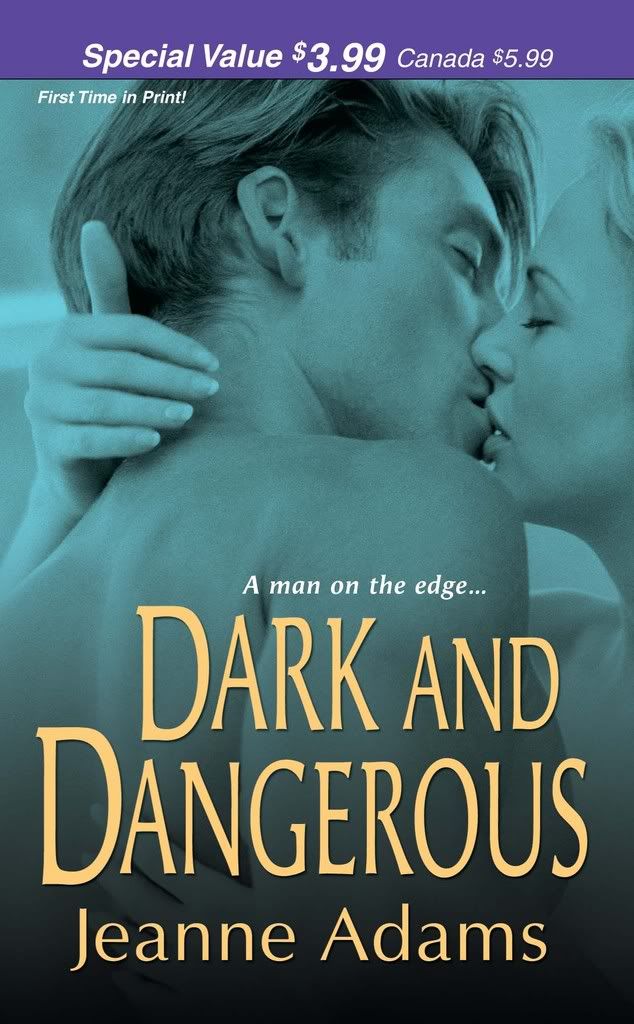



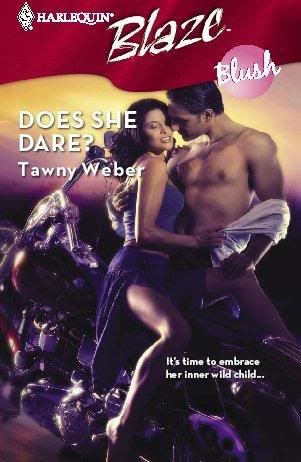





13 comments:
Do we have to get back to reality, Chris? You are harsh! *g*
And synopses? I shudder to think of them. Synopses are like a root canal. Necessary, perhaps even critical, but nothing you look forward to and something best avoided if at all possible.
I, too, am a pantser. If forced, I could write a synopsis. It might sound perfectly plausible and maybe even like a good book. Will my book resemble it in any way once finished? Probably not.
And would a reader ever, in a million years, want to read one? Heavens no! Dear readers, Chris is not kidding when she speaks of the tedium. The horror!
Since a synopsis is such a crucial part of the submission process, it's amazing anyone sells a book, ever. Of course, I've been told that editors and agents expect them to be bad, which is a very good thing.
Christie, I just finished reading Story (which everyone should read!) and he had this idea about plotting. Basically, you think through the story, brainstorming scenes, before you start writing. You write, but not full scenes, just "Jack visits Vivian and gets her to admit she wants him"--that sort of thing--on cards. Then you put the whole thing together in a "story" that you can tell someone. You pitch the story before you start writing it. If you can keep someone's attention for the entire pitch, you've got it nailed. The synopsis flows from the key scenes in your pitch.
Story is about screenwriting, so it's much more action oriented, but I think it's a great way to get yourself thinking about the story first and worrying about the other stuff later. While everyone else was partying in Dallas (except you, of course), I was plotting the second book in my YA series the same way. I haven't started writing the synopsis, but I am ready to go, now that I know the "story".
I think by working through scenes, and not trying to think through EVERYTHING about the plot, or everything about your characters, you maintain the joy of discovery as you go.
If all else fails, I've heard lots of pubbed authors share how the book they submit to their editors looks NOTHING like the synopsis they sent beforehand. ;-)
Oh, and massages. This is a perfect excuse for getting a massage. Nothing unleashes my creative juices better than lying there, forced to do nothing but stare at the insides of my eyelids.
I despise synopsis' or synopsi whichever is plural.
I can only write them AFTER the mss. is complete. I remember I had to do a chapter by chapter one to submit to Medallion Press. When I got done I thought "Hmmm...not a bad story."
Sorry for being so harsh, Caren. That's what happens when you can't get to Nationals. Bitterness sets in. Just kidding.
Kirsten, thanks for the ideas. I'm going to give that a try.
Oh, Chris, be careful! For a pantser, it can be both painful and creatively stifling to wrest a synopsis out before you really know the story.
Easier by far to focus on the emotional arc and character arc for the hero and heroine than to worry about "what happens". Unless it's romantic suspense, of course, or some other plot-intensive subgenre. Then you have to know!
Another good method is the "snowflake method" that Randy Ingermanson uses. My favorite thing is that he says up front that there are a thousand ways to write a novel and his is just one. He said, "If it makes you puke, I won't be insulted." Ha! His stuff is at http://www.rsingermanson.com/html/the_snowflake.html.
I don't use the whole thing, but it helps get me started. I even wrote something sort of resembling a synopsis for the last book. Of course, the book turned out very, very different, but it was a start!
Caren -
LOL - I just printed out that snowflake thing last night. I haven't read it yet, but it was the one workshop I wanted to attend at National - however a conflict changed that plan.
Chris - My sympathies go out to go. I think writing a good synopsis is a unique talent that I don't possess. I'm also a pantser and prefer to let the magic happen. I wrote the synopsis for Mrs. Brimley after the book was finished. However I sold THe Trouble with Moonlight on proposal, so I had to write the synopsis before the book was done. Needless to say, the book took several unexpected turns in the writing and now only partially resembles the synopsis - but the book is better.
As an aside - the great Edith Wharton died before finishing "The Buccaneers". A writer friend finished it up for her using her synopsis and notes to complete the remaining chapters. However, the writer complains in a note to the reader that the story Edith wrote didn't resemble the synopsis so there's a bit of a gap between her version and Edith's. Guess this disparity isn't a new phenomenon.
Thanks for all the comments. I read the information on the snowflake and found it interesting. I started using a few techniques from there and I'm up to three pages so far. I'm trying to keep the synopsis at five pages so I think I might be good.
Kirsten and Caren, thanks much for the info on different storywriting methods. Getting the bare bones out, then going back in with the work.
Every plotter I've known admits that no matter what detailed method they use to pre-write, the actual writing makes the story deviate from the original planned one, especially if they end up with a mouthy character.
Editors are undoubtably aware of this--makes you wonder why they request synopses in the first place.
Trish & Beth: Many, many congratulations to you two.
Joan and Donna: So wonderful to meet you both.
AnnaC: My heart gladdened every time I saw your cheery grin. It was fabulous!!
You banditas have been real busy filling up the blog. I have a screenfull of posts to go through.
I don't mean to hog the comments thread here, but as I'm reading the posts I missed, I thought I'd throw up my comments here.
Caren: I love the idea of a planned Banditas get-together for SF. I kept my eyes peeled for those beautiful buttons (I have one--yay!), but didn't meet so many of you who were there. :(
Oooh! AnnaC's caramello koalas were yummilicious! I had mine to sustain myself through the long lines at the literary signing. Despite having a printed sheet with names, I missed so many folks.
Did you readers of historicals know that Lisa Kleypas was signing ARCs of "Midnight"? I missed that, too.
Woo Hoo! KJ and Jo on the Daphne wins.
Tawny: It indeed a huge pity that the RITAs aren't known outside the RWA. They are a huge deal. I wish their importance was publicized more.
BTW Banditas, if you heard that yell coming from the very back of the room every time any of your names were called out, that was me. The people around me gave the "looks." Little do they know, they were missing out on knowing the future JAKs and SEPs.
Yee Hah to Deb Bess (yep, I'm comment on this blog, too).
Oh, Joan. You've so correctly identified how I felt at my first last week. I was in awe, excited and warmed by the generosity of huge names towards little ol' me (well, not so little, cough).
AC: YEAH on more guest bloggers. I was delighted by Sabrina Jeffries's speech at the Beau Monde conference. She's so funny and such a focused writer. I loved those aspects of her.
Donna and AC: I just saw that I won the Jane Austen figure. THANK YOU! How exciting!
AC: I positively gawked my way through the Hearst Castle. Gaudy, ostentatious, grandiose--how I delighted in it all.
AnnaC: LOVED your post about stately homes. I look forward to your other posts on England. Ahem. *hint hint*
WELCOME HOME, Keira!
We MISSED you at the lair. Glad you had a fun time in Dallas and that you got to meet a few banditas face-to-face. Yes, they all thought you were ADORABLE! What else could our adoring fan be?!?!
And I'm JEALOUS that you have your button because MINE hasn't arrived yet! Somebody said something about Johnny delivering it IN PERSON, but I'm STILL WAITING! LOL!
AC
who is counting down to SF
Kiera,
It was great meeting you! Between our Kiera's shining smile and Foanna's glowing face I almost went blind! :-)
Joan, that is, if you didn't go deaf from the HUGE racket that is Literacy Autographing. I have never been in the midst of such a cacophony. But the beaming faces everywhere and friendliness really, really made my heart sing. (Now that you know that, aren't you glad I didn't screech into song?)
Post a Comment